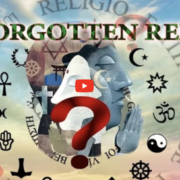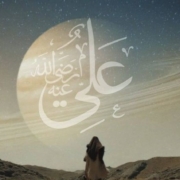The Tale of the Forgotten Religion of Health: A Tale of Lost Wisdom
The Tale of the Forgotten Religion of Health: A Tale of Lost Wisdom
In the tapestry of ancient myth and legend, the forgotten religion that once celebrated health, peace, and mindfulness underwent a profound transformation, casting aside its once-noble principles. This mythical tale narrates the descent of the Forgotten Religion into a belief system now synonymous with violence, superstitions, and a stark departure from its original ethos of holistic well-being.
Legend tells of a time when the followers of the Forgotten Religion reveled in the harmony between body, mind, and spirit, embracing the sanctity of health. However, as the sands of time shifted, so did the essence of this once-revered belief system. No longer known for its commitment to well-being, the Forgotten Religion devolved into a realm of superstitions and violence.
The sacred places of worship, once adorned with lush gardens and clear fountains, now stand in ruin, symbols of a forgotten era when the pursuit of health and balance held paramount importance. The deities that once embodied vitality and the abundance of nature became eclipsed by darker, more ominous forces, reflecting the disturbing transformation that overcame the religion.
The followers of the Forgotten Religion, once healthy and centered around well-being, find themselves trapped in a reality far removed from their origins. The disciplined practices of mindfulness and physical exercises have been forsaken, replaced by laziness and a lack of motivation. The vibrant community that once celebrated interconnectedness now festers in disarray, entangled in the web of violence and superstitions.
In this unsettling metamorphosis, the Forgotten Religion lost touch with its guiding principles, and its followers, now devoid of a clear sense of purpose, stumble blindly through the ruins of what was once a sanctuary of health and well-being. The reasons behind this transformation remain veiled in mystery, as the Forgotten Religion’s teachings, once a beacon of wisdom, fade into obscurity.
The tale of the Forgotten Religion serves as a cautionary reminder of the fragility of ideals and the potential for corruption within even the noblest of beliefs. As its legacy crumbles alongside the shattered remnants of temples and shrines, the echoes of what was once a revered philosophy linger—a haunting testament to the consequences of losing sight of the sacred principles that once defined the essence of the Forgotten Religion of Health.





